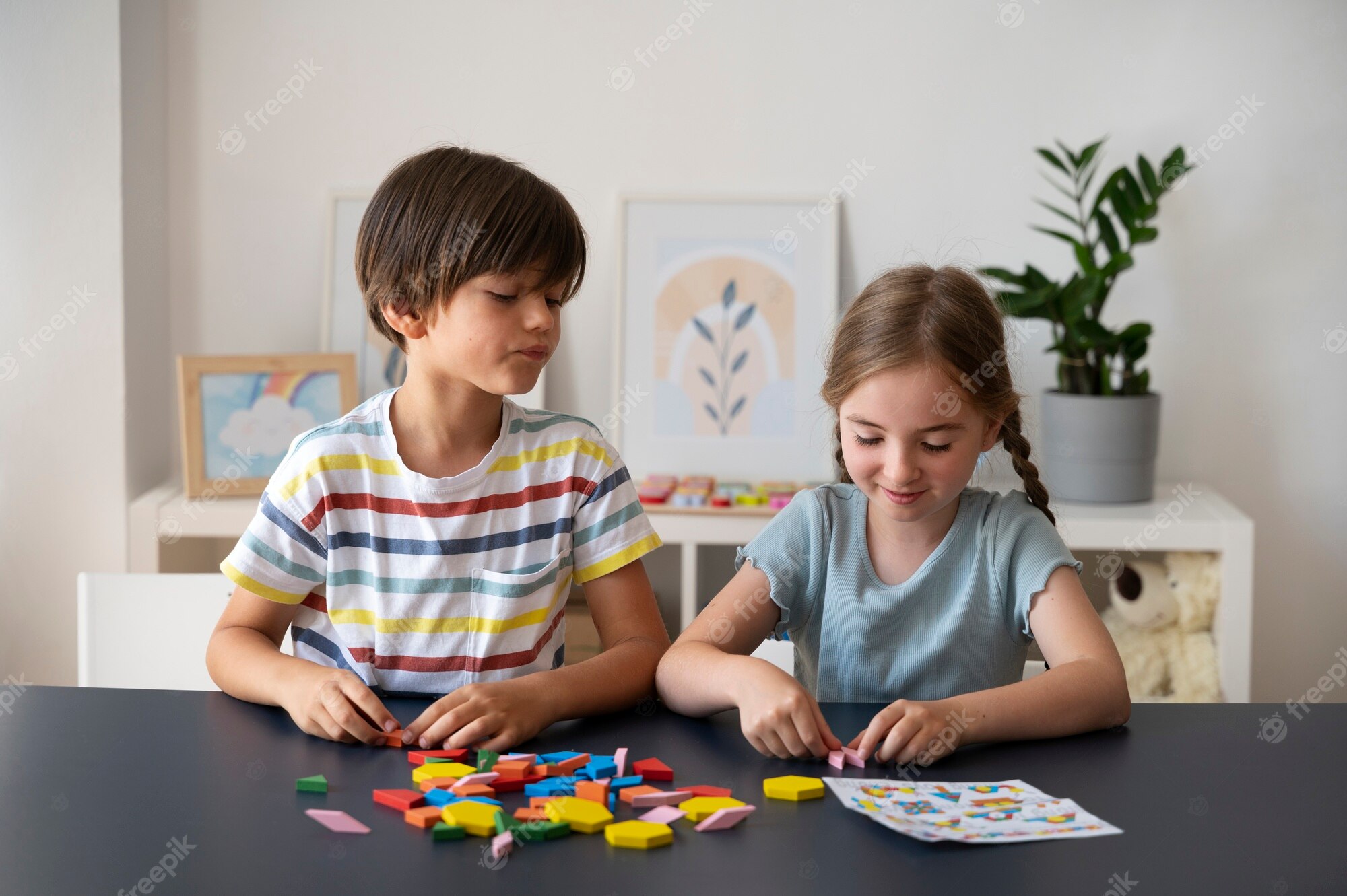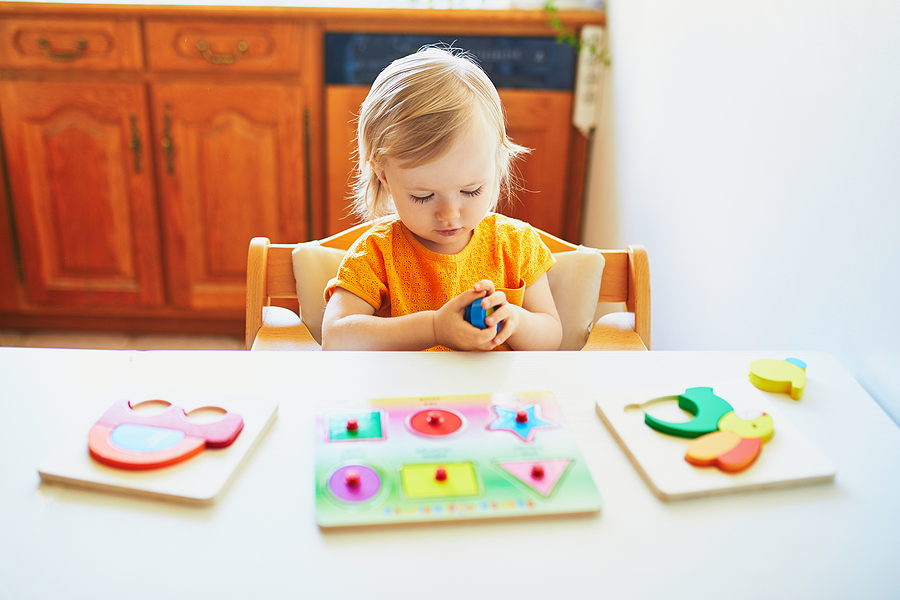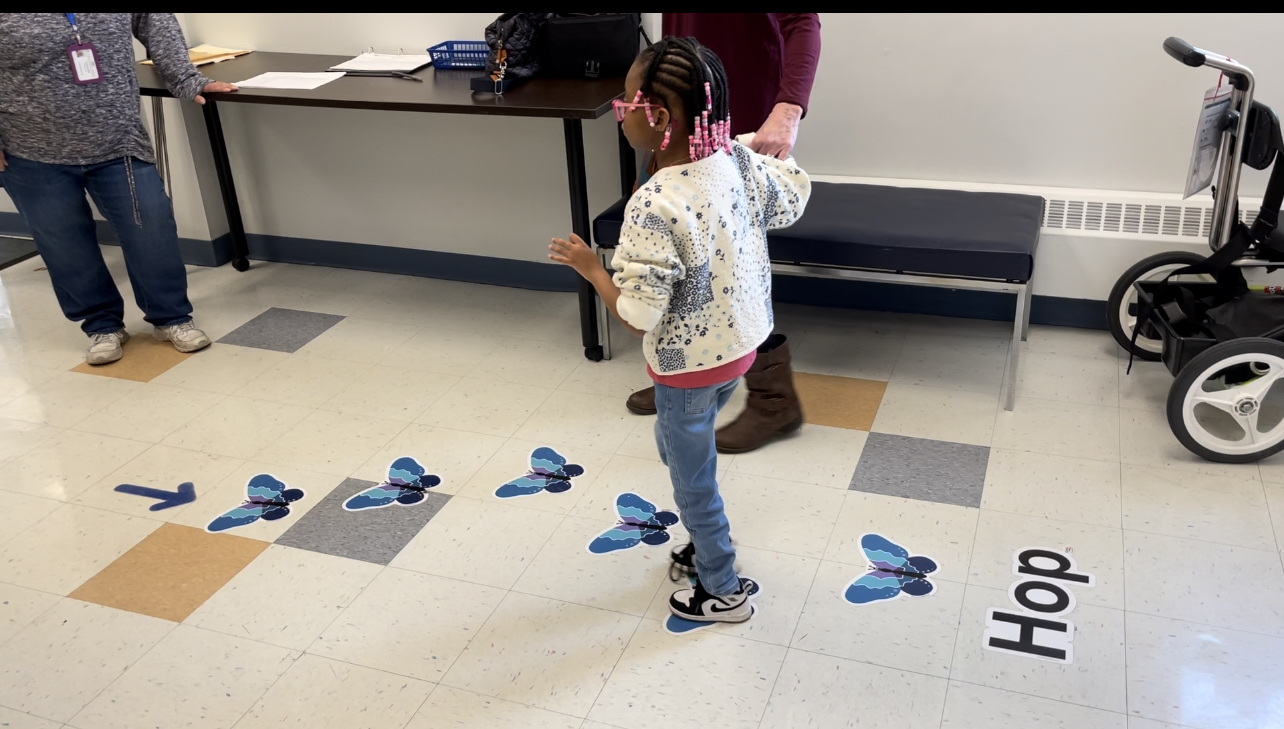Introduction
Puzzles have captivated minds and sparked curiosity across generations. From jigsaw puzzles to brain teasers, these intricate challenges offer more than just entertainment—they provide a window into the world of cognitive development and problem-solving skills. Puzzles, both traditional and digital, hold a special place in the realm of learning, fostering mental agility, patience, and a sense of accomplishment. In this article, we explore the myriad benefits of puzzles and their impact on cognitive growth and personal development.
The Cognitive Workout
At its core, puzzle-solving is a mental workout that engages various cognitive faculties. Whether it’s assembling a jigsaw puzzle, deciphering a crossword, or solving a complex Sudoku, the brain is pushed to think critically, analyze patterns, and make connections. This cognitive exercise enhances memory, sharpens focus, and hones problem-solving abilities.
Problem-Solving Mastery
Puzzles are essentially a series of challenges waiting to be unraveled. This process cultivates problem-solving skills by encouraging individuals to approach problems from multiple angles, test hypotheses, and experiment with solutions. As individuals encounter obstacles within a puzzle, they develop the patience and determination to persevere until the final piece falls into place.

Visual-Spatial Skills
Jigsaw puzzles, in particular, are renowned for enhancing visual-spatial skills. Assembling a puzzle involves manipulating shapes and colors to fit together cohesively. This activity sharpens the brain’s ability to perceive spatial relationships and recognize patterns—a skill that has implications in fields ranging from mathematics to architecture.
Attention to Detail
Puzzle enthusiasts often develop an acute attention to detail. The need to identify subtle differences in colors, shapes, and sizes trains the brain to notice nuances that might have otherwise gone unnoticed. This skill transfers to everyday life, helping individuals become more observant and attuned to their surroundings.
Patience and Persistence
Solving puzzles requires a level of patience and persistence that can spill over into various aspects of life. The process of trial and error, the acceptance of setbacks, and the drive to overcome challenges contribute to developing a resilient mindset that is vital in both personal and professional endeavors.
Boosting Confidence
Completing a puzzle, whether it’s a small crossword or a complex 3D structure, evokes a sense of accomplishment and boosts self-esteem. This positive reinforcement can encourage individuals to tackle progressively more challenging puzzles and extend their problem-solving abilities to real-world scenarios.
Fostering Creativity
Puzzles encourage creative thinking by prompting individuals to consider unconventional solutions. The act of stepping outside the usual patterns of thinking to find a missing piece or solve a riddle nurtures a mindset that embraces innovation and flexibility.
Stress Relief and Mindfulness
Engaging with puzzles can be a form of mindfulness, providing an escape from the pressures of daily life. The focused attention required to solve a puzzle can help reduce stress and anxiety, promoting relaxation and a state of flow.
Educational Value for All Ages
Puzzles cater to a wide range of ages and abilities. Children benefit from the cognitive challenges puzzles offer, while adults can use puzzles as tools to stay mentally agile and engaged. Educational puzzles also exist, combining fun and learning to help children grasp concepts in mathematics, language, and science.
Digital Puzzles in the Digital Age
With the advent of technology, digital puzzles have gained popularity. Online platforms offer a wide array of puzzles that range from traditional jigsaws to intricate digital riddles. While digital puzzles retain the cognitive benefits of their physical counterparts, they also introduce elements like timers and competitive challenges that can add a new layer of engagement.
Conclusion
Puzzles transcend the boundaries of age, culture, and time. From the earliest wooden puzzles to modern digital brainteasers, the allure of piecing together a complex whole remains unchanging. The rewards of enhanced cognitive skills, improved problem-solving abilities, and a sense of accomplishment make puzzles much more than a leisurely pastime. They are gateways to cognitive growth, personal development, and the unending thrill of unraveling complexity. So, the next time you find yourself immersed in the satisfying click of pieces coming together, remember that you’re not just solving a puzzle—you’re engaging in a timeless pursuit of knowledge and discovery.



